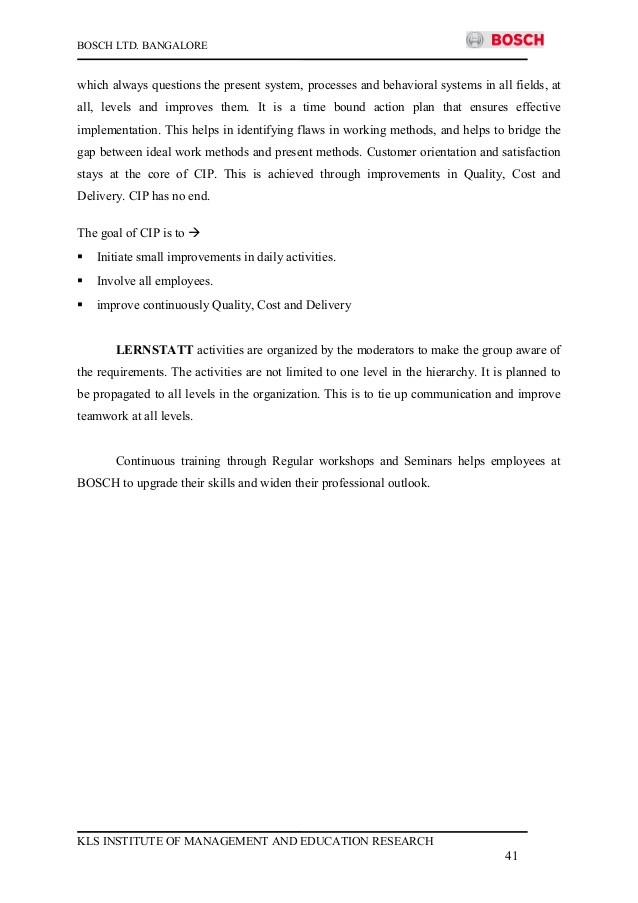Bound to Plan Center for Behavioral Finance
Post on: 16 Март, 2015 No Comment

For investors, losses loom much larger than gains. That is the finding of behavioral finance research and the reason why many strayed from their long-term plans during the 2008 financial crisis. Fortunately, there is a way for financial advisors to help their clients overcome the kind of intuitive decision-making that can push them to the sidelines. Built on behavioral finance insights, the Ulysses Strategy requires clients to pre-commit to a rational investment plan.
The phrase “Ulysses contract” derives from a strategy that Ulysses adopted on his journey home from the Trojan wars, which took him and his ship’s crew close to the Sirenusian islands. The islands were famous for being home to the Sirens, whose songs were so irresistibly seductive that seamen felt impelled to fling themselves into the waters, in an attempt to reach the Sirens.
Ulysses wanted to be the first human to hear the songs, and survive. He instructed his crew to fill their ears with beeswax, to block out the sound, and then tie him securely to the mast and to ignore his pleas to be released. The plan worked. Ulysses had committed himself to a rational course of action at a neutral time, that is before he could hear the Sirens’ songs, and ensured that he stuck with his decision. This action of pre-commitment is the work of the reflective mind.
In the same way, financial advisors could invite their clients to engage their reflective mind to pre-commit to a rational investment strategy in advance of movements of the market that might otherwise trigger irrational responses of the intuitive mind. Pre-commitment to a rational investment plan is important, because the intuitive impulse to act otherwise is strong.

The first step in the process is to help your clients understand the psychology of trading by individual investors that can lead to poor decisions. Help them understand that these misguided impulses of the intuitive mind are quite natural, but that there is another, better path to follow, one that is guided by the reflective mind.
The second step is to agree on an investment strategy, which would include an acceptable balance between risky and conservative instruments. As financial advisors, you are already very familiar with this. What would be novel for most advisors, however, is to commit to a specific contingency plan. This is an agreement made in advance about what action will be taken should a certain event or condition occur: for example, if the market goes up 25 percent or if the market goes down 25 percent.
The third component of the Ulysses Strategy is to formalize these agreements in a commitment memorandum, to which both the client and the financial advisor are parties. By being co-signatories to the memorandum, financial advisors put themselves on the same footing as their clients. This memorandum is not binding in the sense of a legal contract. But the act of writing down the agreements and putting one’s signature to it helps people resist the siren call of the intuitive mind. It helps clients stick with the plan when changes in market conditions might tempt them to go with the herd, and make unwise decisions. And it helps financial advisors honor the agreement, too.














